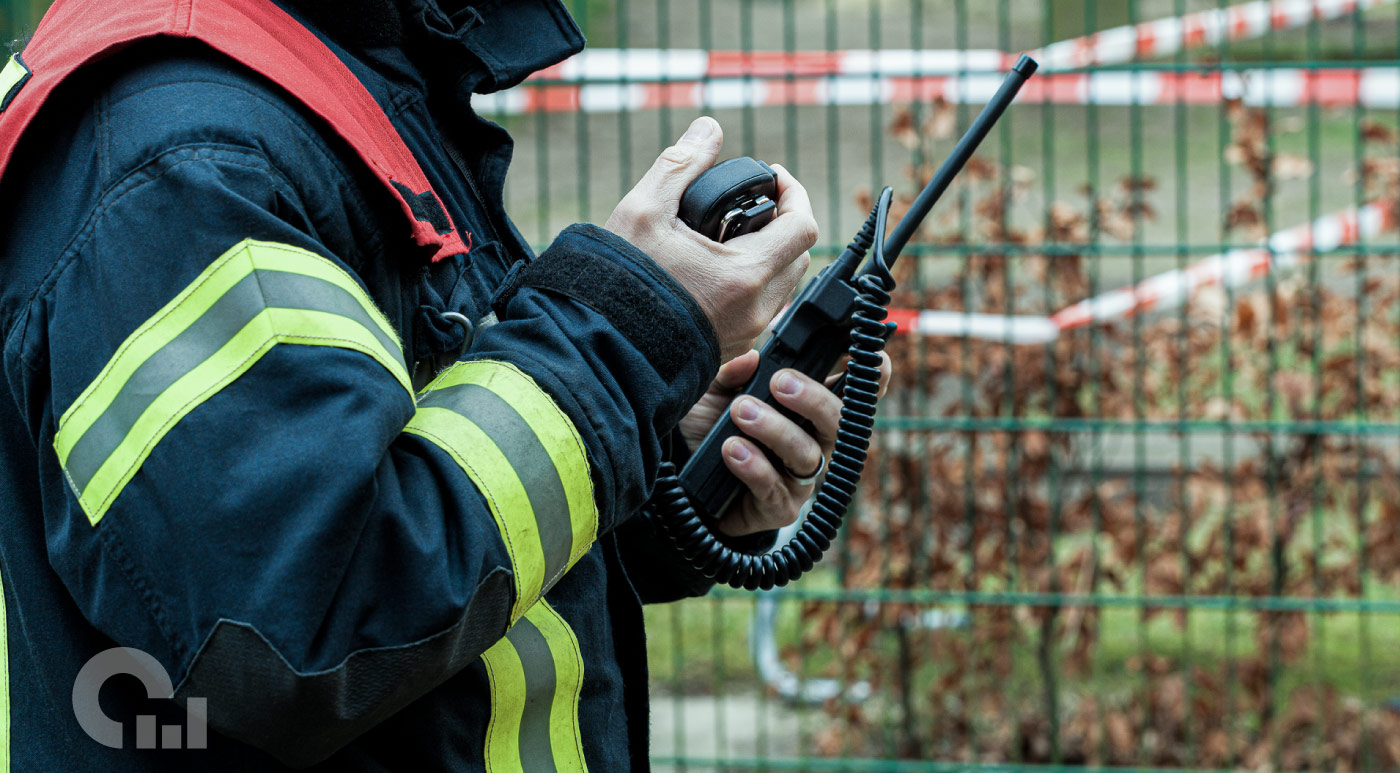Terrorists. Earthquakes. Wildfires. Tornadoes. Hurricanes. The list of emergencies seems endless. One of the Best Bachelor’s in Emergency Management will prepare you to help communities recover.
What is a Bachelor’s in Emergency Management?
 When an emergency or disaster occurs, it disrupts order and chaos takes over. People need help restoring their communities and lives. Trained professionals in managing the many aspects of emergencies or disasters are critical to recovery. A relatively new academic discipline, a B.S. or B.A. in Emergency Management, has developed at colleges and universities nationwide to train professionals in managing that chaos. The majority of these degrees are designed around the four, primary emergency management phases: mitigation, preparedness, response, and recovery.
When an emergency or disaster occurs, it disrupts order and chaos takes over. People need help restoring their communities and lives. Trained professionals in managing the many aspects of emergencies or disasters are critical to recovery. A relatively new academic discipline, a B.S. or B.A. in Emergency Management, has developed at colleges and universities nationwide to train professionals in managing that chaos. The majority of these degrees are designed around the four, primary emergency management phases: mitigation, preparedness, response, and recovery.
If the “management” is more your speed than the “emergency,” consider a broader business degree, like an online Business Administration program.
How Much Can You Earn With A Bachelor’s in Emergency Management?
Emergency Management is expected to grow at 5% over the next ten years or so. Employment opportunities can be found in local, state, and federal government agencies, hospitals, public and private schools, colleges, and universities. Additional employment options may be found with private companies. Depending on location and employment, the Bureau of Labor Statistics reports the annual salary range for this career to be from $40,460 to $141,130, with the median compensation around $74,420.
What is Required for a Bachelor’s in Emergency Management?
As with any undergraduate degree, there are general education courses required in English, social studies, science, humanities, etc. While there is no set, universal curriculum, most programs will include studies in cybersecurity, terrorism threat assessment skills, weapons of mass destruction, natural disasters, communications and social media, etc. Online degrees are available and some will require field experience or internships. Academic programs frequently follow guidelines set by the Federal Emergency Management Agency (FEMA) as well as state agencies.
Admission to undergraduate programs will generally require a high school/GED diploma or an associate degree. Undergraduate degrees typically require 120 credit hours for completion but transfer credit may reduce the number of hours required. You’ll find many of the Emergency Management degree programs will also offer credit for prior life experience, such as military training, first responders, healthcare, etc.
What Are The Best Online Bachelor’s in Emergency Management?
OSR uses six data points: three school-wide and three program specific. For school-wide, OSR uses Student Satisfaction, Admission Rates, and the number of programs the school offers online. For program-specific, OSR checks the Median Debt of graduates from that program, how many degrees are offered within that program’s umbrella department, and what percentage of students at that school graduated from that department.
The six statistics are displayed by each school. The sliding bar under each statistic represents how that school compares to other US institutions. “Not reported” means a school did not release that information to the US Department of Education. A more detailed description of the OSR process can be found on the methodology page.



















